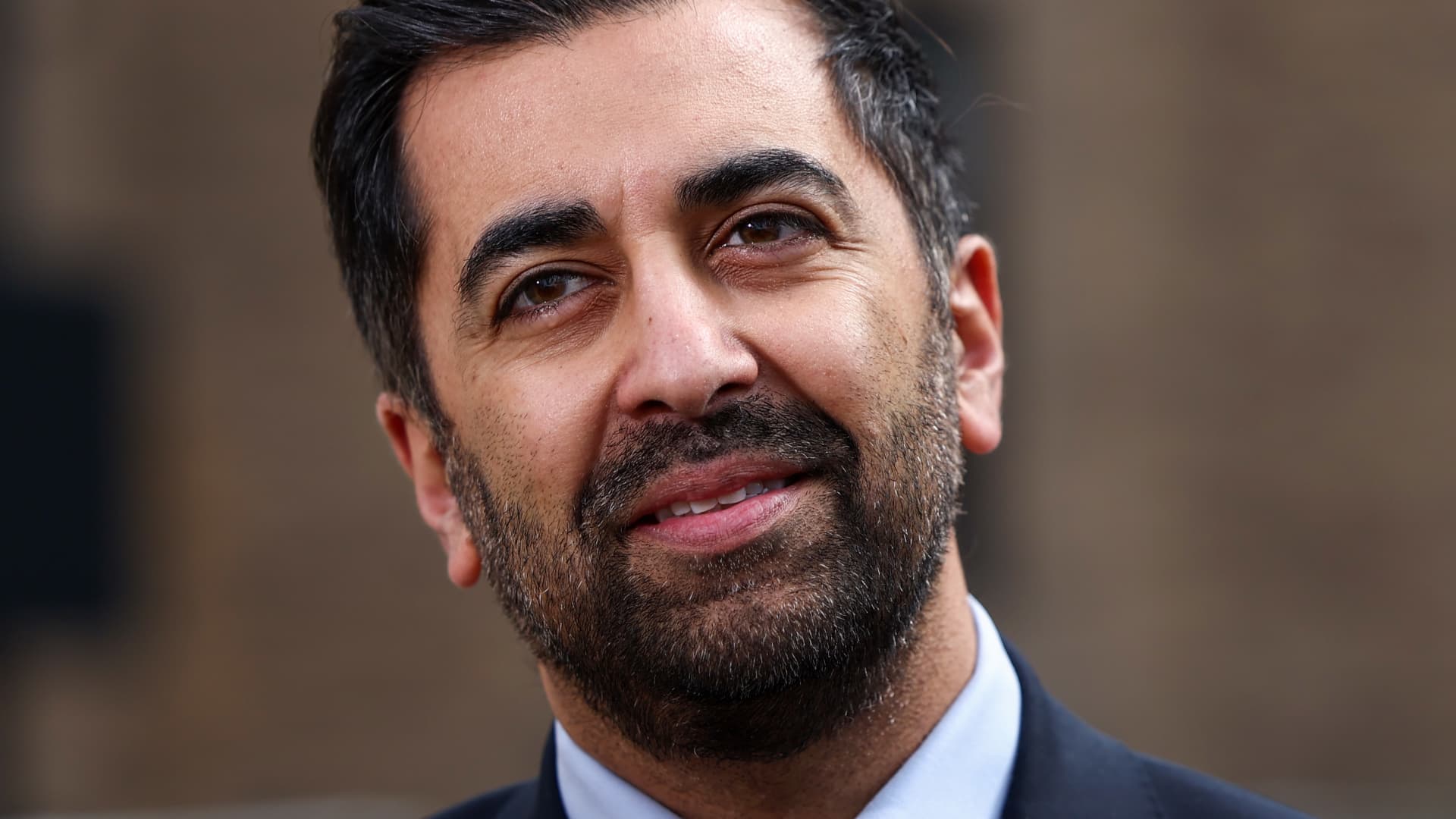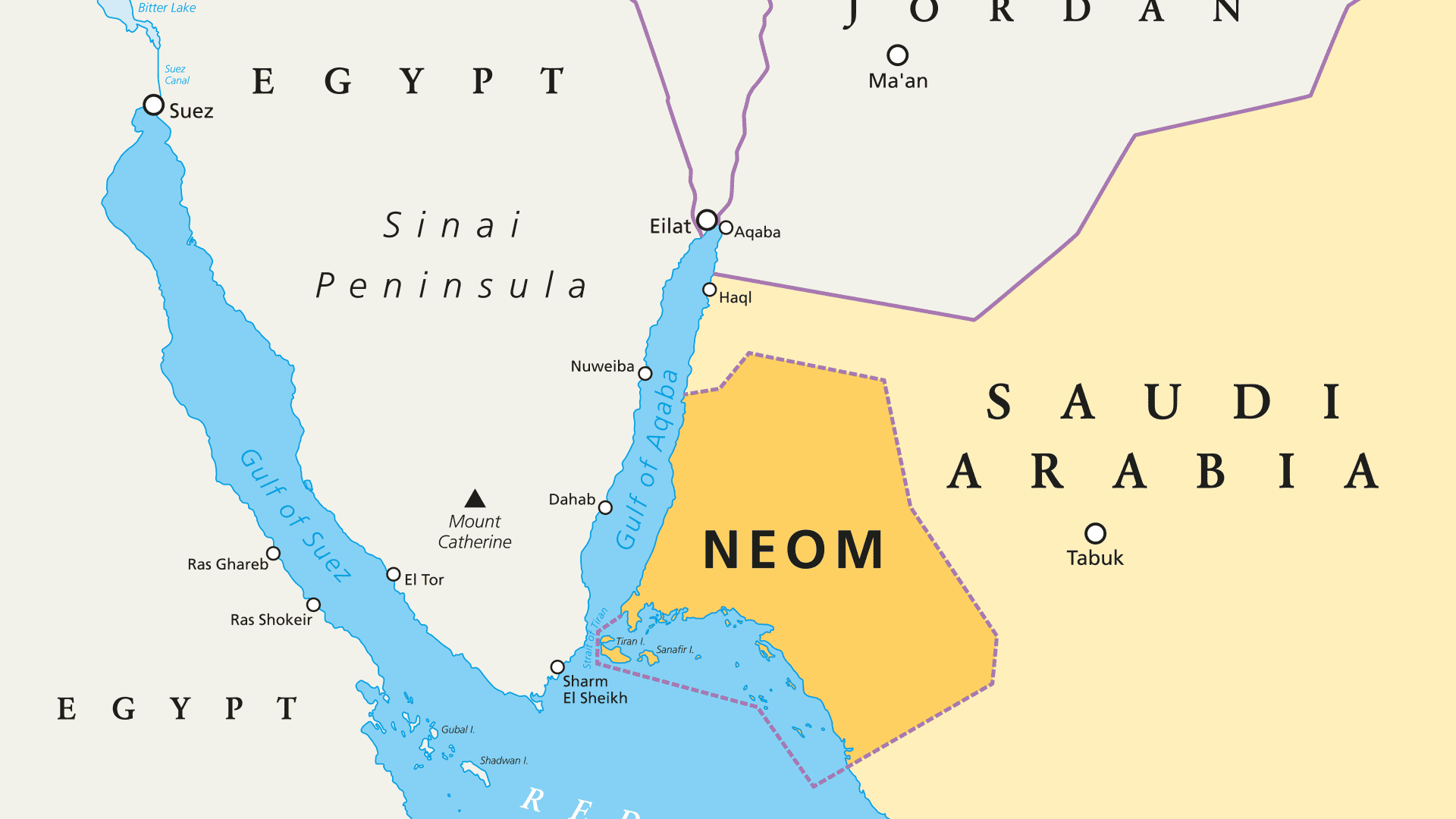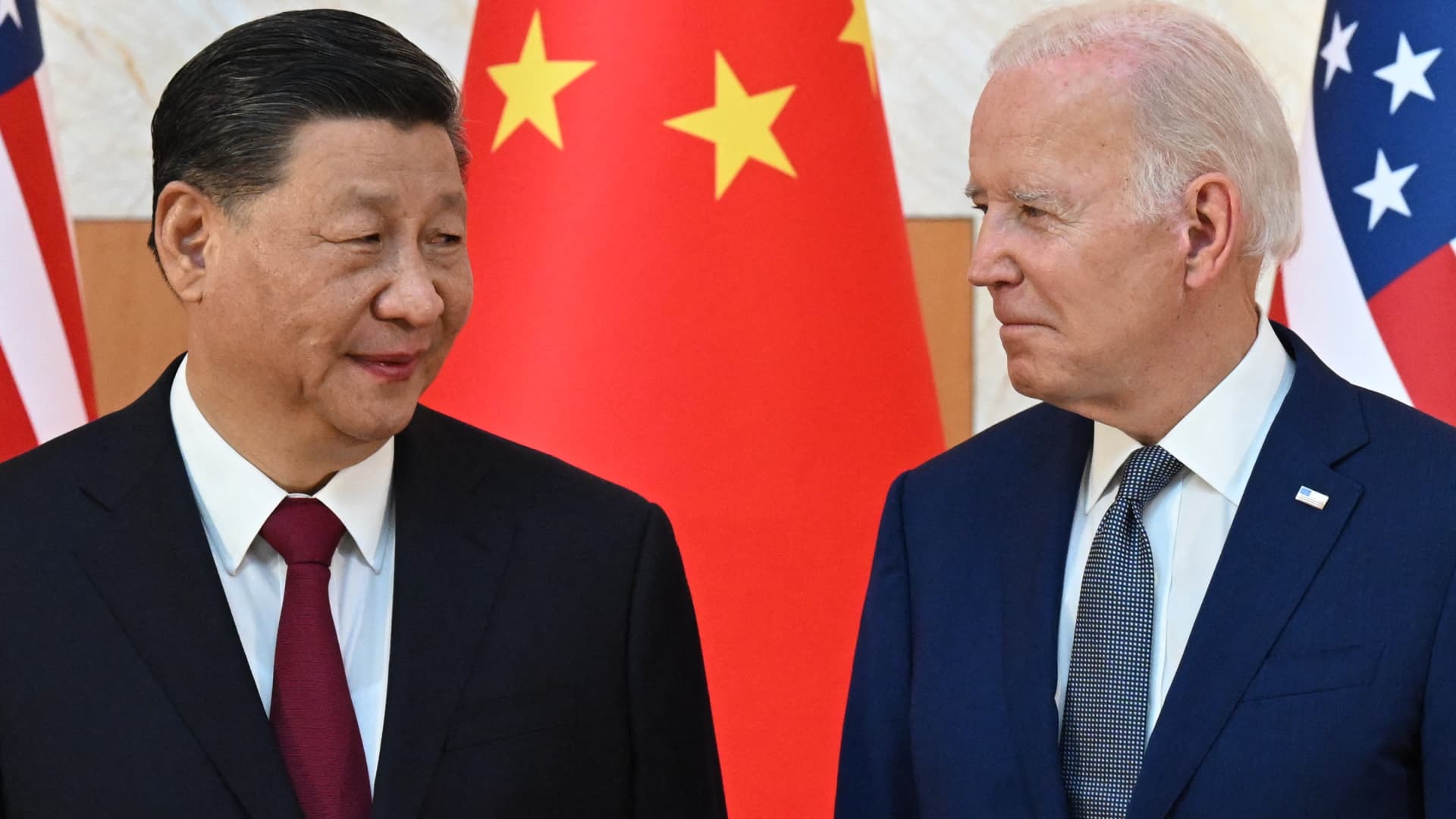President Joe Biden and his Chinese counterpart Xi Jinping are expected to meet on the sidelines of the Asia-Pacific Economic Cooperation Summit in San Francisco in November.
Saul Loeb | Afp | Getty Images
President Joe Biden is calling on the U.S. Trade Representative to triple China’s tariff on steel and aluminum imports as he makes his rounds in the key battleground state of Pennsylvania.
On Wednesday, the president will visit the United Steelworkers headquarters in Pittsburgh.
Biden’s call to raise the current 7.5% average tariff rate on steel and aluminum is an attempt to make clear that his administration’s recent warnings about China’s trade practices are not empty threats.
During a visit to China last week, Treasury Secretary Janet Yellen expressed concern that Chinese subsidies would lead to an oversupply of clean energy products such as solar panels and electric vehicles that would exceed domestic demand. It feared that excess capacity could be dumped onto world markets at artificially lower prices, potentially stifling competition.
In an interview with CNBC’s Sara Eisen, Yellen said that tariffs would not be off the table if these overcapacity concerns were not addressed.
Chinese officials and state media have since rejected accusations of overcapacity, saying the abundant supply of clean energy products is due to “constant innovation” rather than government subsidies.
As China shrugs off worries about overcapacity, the Biden administration is ratcheting up what it sees as a threat to global trade.
“China’s policy-driven overcapacity poses a serious risk to the future of America’s steel and aluminum industries,” Lael Brainard, director of the National Economic Council, said in a call with reporters on Tuesday. “China cannot export its path to recovery. China is simply too big to play by its own rules.”
Biden’s balancing act
Biden’s increased push to raise tariffs comes as he balances election-year politics with a fragile geopolitical landscape and increasing concerns about the strength of the U.S. economy.
On the one hand, the White House is still working to thaw relations with China after communications were nearly frozen for several years, sparked in part by former President Donald Trump’s first round of China tariffs that almost resulted in a full trade war triggered.
Tariffs can also have unintended economic impacts by increasing U.S. manufacturing costs, which can ultimately lead to higher consumer prices. That would be an unwelcome outcome at a time when Biden is already in the midst of a years-long battle to reduce stubborn inflation and prove to voters that his economic agenda is working.
A senior administration official on Tuesday rejected the idea that tariff hikes would lead to higher inflation.
“If these measures are taken, they will not increase inflation, but they will protect American jobs and the steel industry,” the official said in a call with reporters. “Residual inflation does not come from goods, and these measures will not change that.”
On the other hand, the Biden campaign is trying to maintain a hawkish stance on China as he competes against Trump for workers’ votes. In this sense, Biden will also reiterate his opposition to the planned sale of US Steel to the Japanese company Nippon Steel.
“It is important that US Steel remains a domestic company,” a senior administration official said Tuesday. “The president will make that clear again. He told the steelworkers he would have their backs, and he meant it.”
Don’t miss these exclusives from CNBC PRO
Source link
2024-04-17 09:00:01
www.cnbc.com







